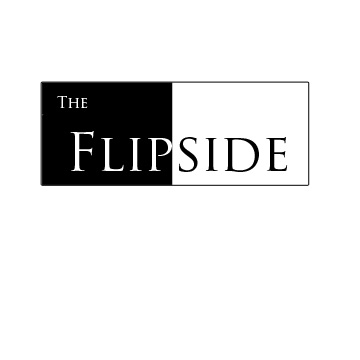The idea of illegally downloading music, movies and other types of copyrighted works has been brought to the forefront of the college scene. The music industry is cracking down on more than 150 campuses regarding the matter.
“They are serious,” said Information Technology Services Director Bill Phelps, “and we are enforcing this.”
The Recording Industry Association of America began issuing letters to students who had broken this law in February 2007. Letters allow students to settle out of court for about $3,000-$4,000.
Failing to respond to one of these letters could result in prosecution, increasing fines to $750 per file.
Of the more than 7,000 letters sent nationwide, 83 were received by Arkansas college students.
“It’s hardly worth the . . . 10 bucks for a CD, considering the seriousness involved,” Phelps said.
The Digital Millennium Copyright Act [DMCA] of 1998 requires campuses, including Ouachita, to provide an agent who can receive notice of alleged copyright infringements from the copyright owners who have detected illegal activity in our system.
“This act can be a sort of shield for network owners,” said Ouachita’s general counsel, Bryan McKinney “Individuals are stealing, and the industry can’t get its money back, so networks have gotten in trouble by them. It’s just easier to go after one university than hundreds of students doing the wrong thing.”
Ouachita, as a network owner, is bound to certain regulations for keeping Internet activity “in check.” Phelps, Ouachita’s agent for the DMCA, said, “We do things to help. We have blocked nearly all main illegal programs from our system.” Such programs include limewire.
The DMCA shields the network from legal trouble. For the university to be held responsible for this “would be like driving your car into someone else’s home and then Infiniti [as the dealership] being held responsible,” McKinney said. “It just doesn’t make sense.”
“Technically, if [students] download illegally and the recording industry decides to press charges, there is nothing we can do,” he said.
If a copyright owner notifies Phelps concerning a possible infringement, he is bound by law to turn over all information within our network about the alleged crime. “OBU is not technically responsible,” Phelps said.
“I’m convinced that a lot of students don’t see it as wrong,” McKinney said, “when the fact is, it’s illegal.”
When it all comes down to it, the blocking of illegal download sites by the campus is for the benefit of the students. “All locks do are keep honest people honest,” Phelps said. “That’s what we’re doing by blocking these from our system.”n

